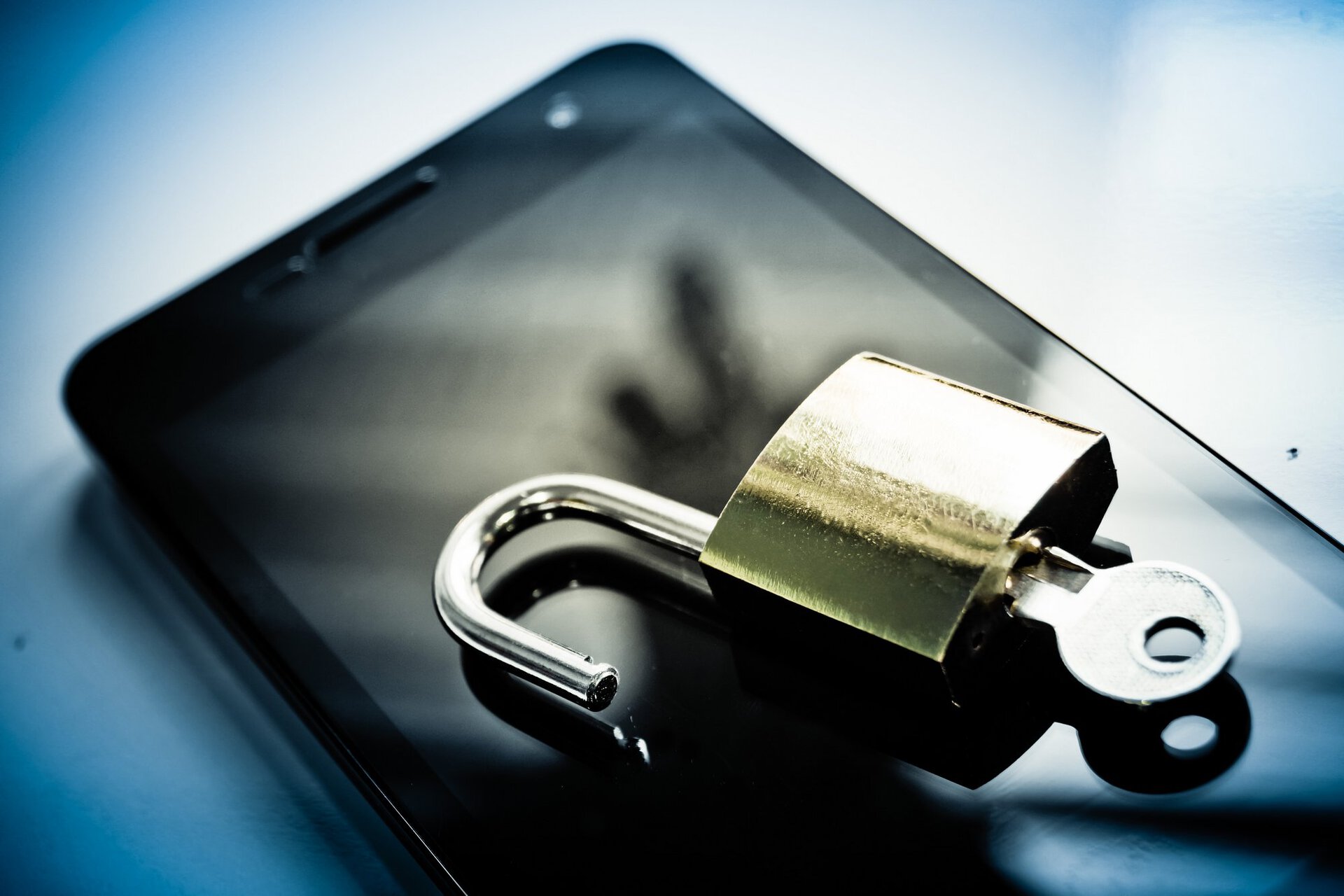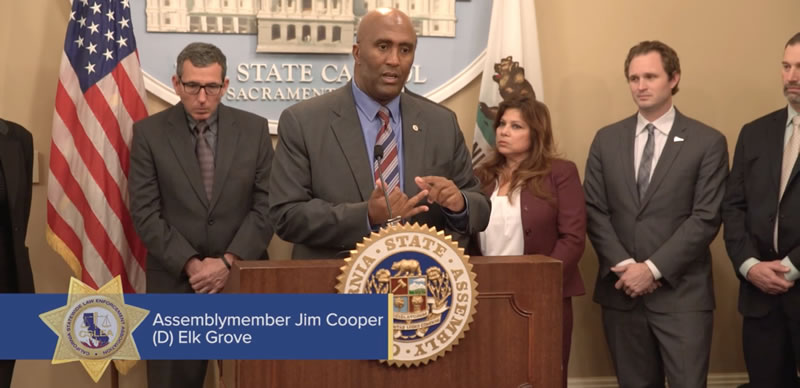Affiliate links on Android Authority may earn us a commission. Learn more.
California lawmakers working to ban phone encryption by 2017

California State Representative Jim Cooper (D-Elk Grove) is touting a bill that would force mobile devices to come with encryption off by default starting January 1, 2017. Any phone sold after that date would also have to be “capable of being decrypted and unlocked by its manufacturer or its operating system provider.”
As it stands, modern iOS and Android devices have full-disk encryption that prevents even Apple and Google from accessing them. Law enforcement agencies want to be able to more efficiently harvest evidence from confiscated devices rather than go about it the hard way via hacking or brute force. If the AB 1681 passes the Assembly and State Senate and is then signed into law, then any smartphone not meeting these requirements would result in the manufacturers being fined $2,500 per offending device.

The bill’s wording is suspiciously reminiscent of another bill currently pending in New York, but someone has run a find-and-replace on all the arguments supporting it that swaps every instance of “terrorists” for “sex traffickers.” Whereas the New York bill wants to give law enforcers full access to confiscated devices to prevent terrorist attacks, the California bill wants to do it to track down pimps.
In an interview with Ars Technica, Cooper claimed that 99% of Californians would never need to worry about having their phones searched by police officers, because the vast majority of phones are never implicated in law enforcement operations. This is basically a rephrasing of that “if you haven’t done anything wrong, you have nothing to fear” crockery. Cooper went on to say that “human trafficking trumps privacy, no ifs, ands, or buts about it.”

In the bill’s presentation, Natalia Luna, the Sacramento County Asst. Chief Deputy District Attorney, described smartphones as tools of the trade of pimping. She says pimps actively use phones “to traffick, exploit, and sell our children.” Engadget accuses these lawmakers as using sex trafficking as a “bogeyman” to force smartphone manufacturers to do the work of the police for them. As one congressman advised law enforcement agencies seeking to overturn cell phone encryption in New York: “to me it’s very simple to draw a privacy balance when it comes to law enforcement and privacy: just follow the damn Constitution.”

“As for the protect the children argument, I am sympathetic, but there are always limits on law enforcement’s power to investigate crime,” said Andrew Crocker, an attorney at the Electronic Frontier Foundation. “No matter how terrible the crime, we don’t allow the police to disregard other important values like privacy and security, and this is a law that would make us all less secure. Meanwhile the police have access to lots of other tools to get at this evidence, from hacking or brute forcing the device to getting cloud backups to forcing the owner to unlock the phone. Moreover the sophisticated bad guys will resort to third-party tools to cover their tracks.”
What are your thoughts regarding this proposed bill? Is it a necessary bypass of privacy to ensure that justice is served, or is it an unconstitutional breach of 4th amendment rights? Let us know what you think in the comments below!